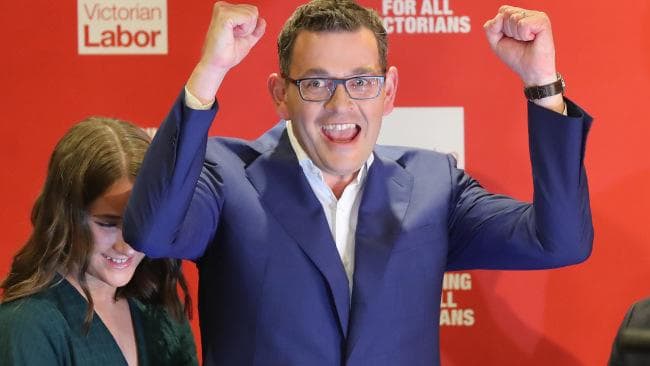Labor’s Landslide
The left leaning Victorian Labor Party wins the 2018 Victorian election by a landslide, allowing it to govern for a further four years. It holds a significant majority in the Lower House and will be able to pass legislation in the Upper House with the support of the diverse and unusually large crossbench. On claiming victory, the premier Daniel Andrews proclaims Victoria “the most progressive state in the nation”, setting high expectations from sex workers and other voters in favour of progressive social reform.
The Crucial Seat of Albert Park
In the Lower House seat of Albert Park, the Reason Party’s sex industry lobbyist candidate loses to Labor’s Martin Foley. Albert Park is significant because it has the largest number of licensed brothels, the largest number of street-based sex workers, and a very high concentration of private sex workers, including gay male sex workers.
Martin Foley is a longterm supporter of sex workers’ rights, having helped allocate funding to government funded sex workers program, RhED.
The Coalition Reassess
The Coalition promptly replaces its leader and enters a period of self reflection after its “tough on law and order” campaign appears to have failed to inspire voters.
The Greens
After running an anti-sex work activist in the seat of Richmond, the Greens lose the seat of Richmond to Labor’s Richard Wynne, a supporter of sex worker rights dating back decades to his time working on the Attorney General’s Street Prostitution Advisory Group.
The Crossbench
11 of the 40 Upper House seats are held by a disparate crossbench. Former sex worker Fiona Patten is returned to power. Two libertarians who happen to support sex workers enter parliament. A number of other progressive crossbencher MP’s win seats, creating the conditions for Labor to potentially obtain the support it needs to pass socially progressive legislation through the Upper House.
Anti Sex Worker MP
Dr Rachel Carling-Jenkins loses in the Lower House seat of Werribee under the recently formed Australian Conservatives party. Dr Carling-Jenkins, a committed Catholic, is a critic of the sex industry and endorses the Nordic Model of sex work laws, which seek to eliminate the sex industry entirely.
Three months earlier, conservative Scott Morrison’s ascendency to the Prime Ministership transferred support from a plethora of minor conservative parties back to the Coalition. The Australian Conservatives were one of these minor parties that began to lose support.
The election result sets the stage for Labor to be in a position to deliver on sex work decriminalisation in the upcoming term of parliament. Labor has a mandate to continue to implement its socially progressive policies, has a majority in the Lower House, and a crossbench open to supporting sex worker rights issues. Dr Rachel Carling-Jenkins and Kathleen Maltzahn, the two anti sex work candidates, are defeated.

